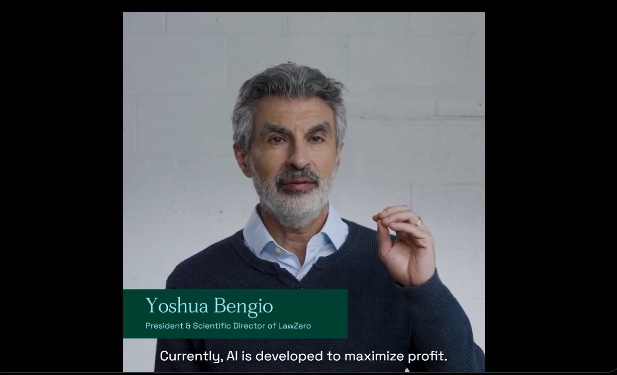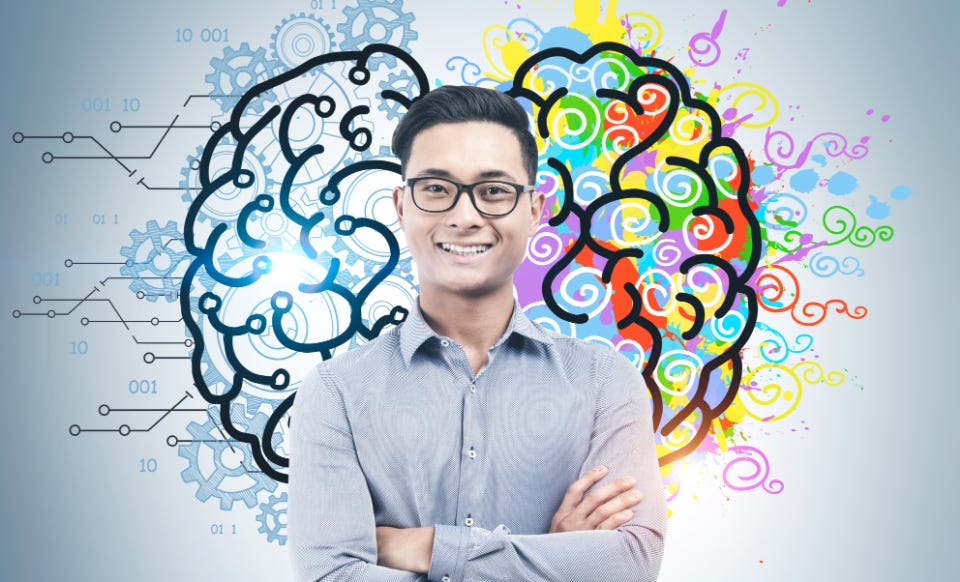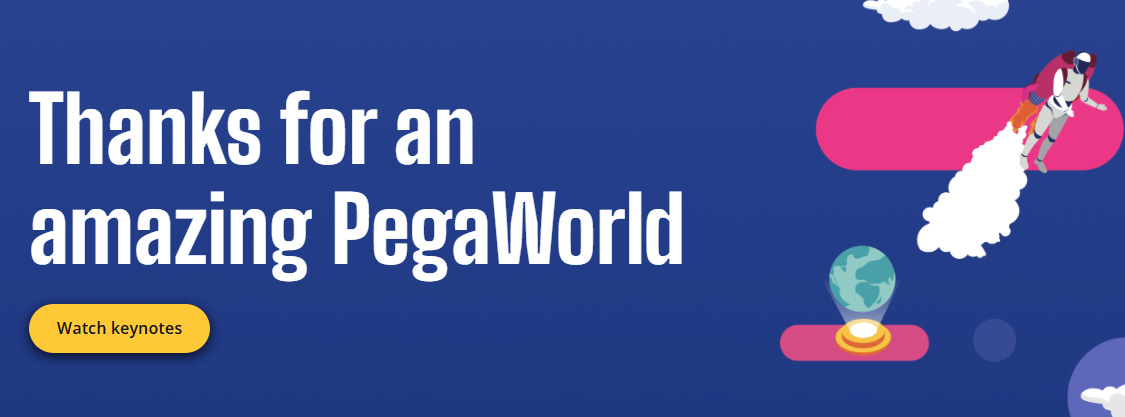Intelligent Automation Newsletter #197
We are honored to count you among the 1+ MILLION readers of our weekly newsletter. Please help grow our community by inviting your friends to subscribe.
If you’re new here, we celebrate the ways Artificial Intelligence is making our world more Human. Make sure you check my new book and community.
This week’s 5 top stories you can't miss:
1️⃣ ChatGPT connects to workplace apps, records meetings
OpenAI announced a series of new business features for ChatGPT, including direct integrations with Google Drive, Dropbox, and other cloud services, meeting recording capabilities, and custom connectors for enterprise customers.
The details:
ChatGPT can connect with cloud services like Google Drive, Dropbox, and SharePoint, allowing users to integrate their documents and data.
A new "record mode" allows ChatGPT to capture meetings or voice notes, then transcribe them, extract key points, and generate action items or plans.
For Deep Research, connectors are available for platforms like Outlook and Teams, with admins also getting the option to build custom MCP connectors.
The company also revealed it now has 3 million paying business users between its Enterprise, Team, and Edu tiers, up from 2M reported in February.
My take:
OpenAI continues to enable users and businesses to connect more of their vital data and docs with powerful models — but now via simple integrations instead of tedious uploads. The new connectors and features also steamroll another set of SaaS tools with the AI leader’s own integrated workspace.
2️⃣ AMC partners with Runway for AI production
AMC Networks announced a partnership with AI startup Runway to integrate generative AI into its marketing and production processes, becoming one of the first major cable networks to formally embrace the technology for content creation. The details:
The TV network will use Runway's models for pre-visualization during show development and for generating promotional materials.
AMC plans to streamline marketing workflows by creating campaign assets without physical shoots and testing concepts before committing resources.
Runway views the partnership as indicative of a larger transformation in media, where AI is set to alter production timelines, methodologies, and distribution.
Runway is also working with Lionsgate, with execs saying AI can help create alternate versions of films, like animated versions and rating adjustments.
My take:
AI is a polarizing topic in Hollywood, to say the least — but the tech has been quietly implemented across the production and creative processes. While many studios may still fear backlash from consumers over its use, it appears that at least major studios are finally ready to normalize and embrace the tools publicly.
3️⃣ Meta’s fully automated AI ad platform
Meta aims to release tools that eliminate humans from the advertising process by 2026, according to a report from the WSJ — developing an AI that can create ads for Facebook and Instagram using just a product image and budget.
The details:
Companies would submit product images and budgets, letting AI craft the text and visuals, select target audiences, and manage campaign placement.
The system will be able to create personalized ads that can adapt in real-time, like a car spot featuring mountains vs. an urban street based on user location.
The push would target smaller companies lacking dedicated marketing staff, promising professional-grade advertising without agency fees or skillset.
Advertising is a core part of Mark Zuckerberg’s AI strategy and already accounts for 97% of Meta’s annual revenue.
My take:
We’re already seeing AI transform advertising through image, video, and text, but Zuck’s vision takes the process entirely out of human hands. With so much marketing flowing through FB and IG, a successful system would be a major disruptor — particularly for small brands that just want results without the hassle.
4️⃣AI pioneer’s safety nonprofit for 'honest' AI
AI godfather and Turing Award winner Yoshua Bengio unveiled LawZero, a nonprofit dedicated to building “safe-by-design” AI systems, also securing $30M in funding to develop "Scientist AI," which prioritizes truth and transparency.
The details:
LawZero aims to create AI systems that provide probabilistic assessments rather than definitive answers, acknowledging uncertainty in their responses.
The organization's "Scientist AI" hopes to speed scientific development, monitor other AI agents for deceptive behaviors, and address AI risks
Initial backers include former Google CEO Eric Schmidt's philanthropic arm, Skype co-founder Jaan Tallinn, and several AI safety organizations.
Bengio warns that current leading AI models, like o3 and Claude 4 Opus, show concerning traits including self-preservation instincts and strategic deception.
He also told FT that he doesn’t have confidence that OpenAI will adhere to its original mission, citing commercial pressures.
My take:
AI godfathers Bengio and Geoffrey Hinton have been outspoken critics of leading AI labs on the safety front, sounding the alarm with constant media appearances and open letters. But LawZero represents Bengio’s biggest step yet, taking AI safety into his own hands with an organization dedicated to the effort.
5️⃣ AI beats humans on emotional intelligence tests
Researchers from the University of Geneva and the University of Bern found that ChatGPT and other AI systems beat humans on emotional intelligence tests, indicating AI may be better at reading emotions and responding than people.
The details:
Six AI models were tested on standard emotional intelligence assessments, tasked with selecting emotionally appropriate responses to complex scenarios.
GPT-4, o1, Gemini 1.5 Flash, Copilot 365, Claude 3.5 Haiku, and DeepSeek V3 scored an 81% average in testing, compared to 56% for human participants.
Beyond just test-taking, GPT-4 also proved capable of quickly creating entirely new and valid emotional intelligence assessments.
The researchers believe the results show AI's grasp of emotional concepts and reasoning, not just pattern regurgitation from training data.
My take:
While AI can't actually “feel” emotions like humans do, its ability to mimic and display optimal emotional intelligence in difficult situations might be just as valuable — and shows the massive promise for integrating LLMs into fields like mental health support, customer service, and education.
[SPONSORED] 🤖 Predictability is the real magic in AI.
In my latest conversation with Alan Trefler—founder of Pegasystems—he dropped another gem: ✨“When a customer interacts with your business, they shouldn’t feel like they’re dealing with a different company each time.” That’s where blueprinting comes in. Instead of hoping AI “figures it out,” Pega is using language models to design structured, repeatable workflows—ones that call the right agents, tap the right data, and ensure every experience is consistent, compliant, and clear. It’s not just AI-powered. It’s AI-disciplined.
🎯 Watch the full interview for insights on how Pega is setting the bar for business-ready AI: https://lnkd.in/eFd42Aqi🚀
And don’t miss what’s coming next at Pegaworld:
https://www.pegaworld.com
👉 How are you blueprinting your customer experience in the age of AI?
#Pegaworld #AgenticAI #AIagents #EnterpriseAI #Automation #PegaPartner
The two posts you can't miss this week:
💫 Bad data doesn’t disappear. It multiplies—with style.
💫 Arthur C. Clarke predicted the internet in 1964
Let us join hands to make our world more human! — Pascal
#artificialintelligence #intelligentautomation #futureofwork #AI #automation #management #technology #innovation









